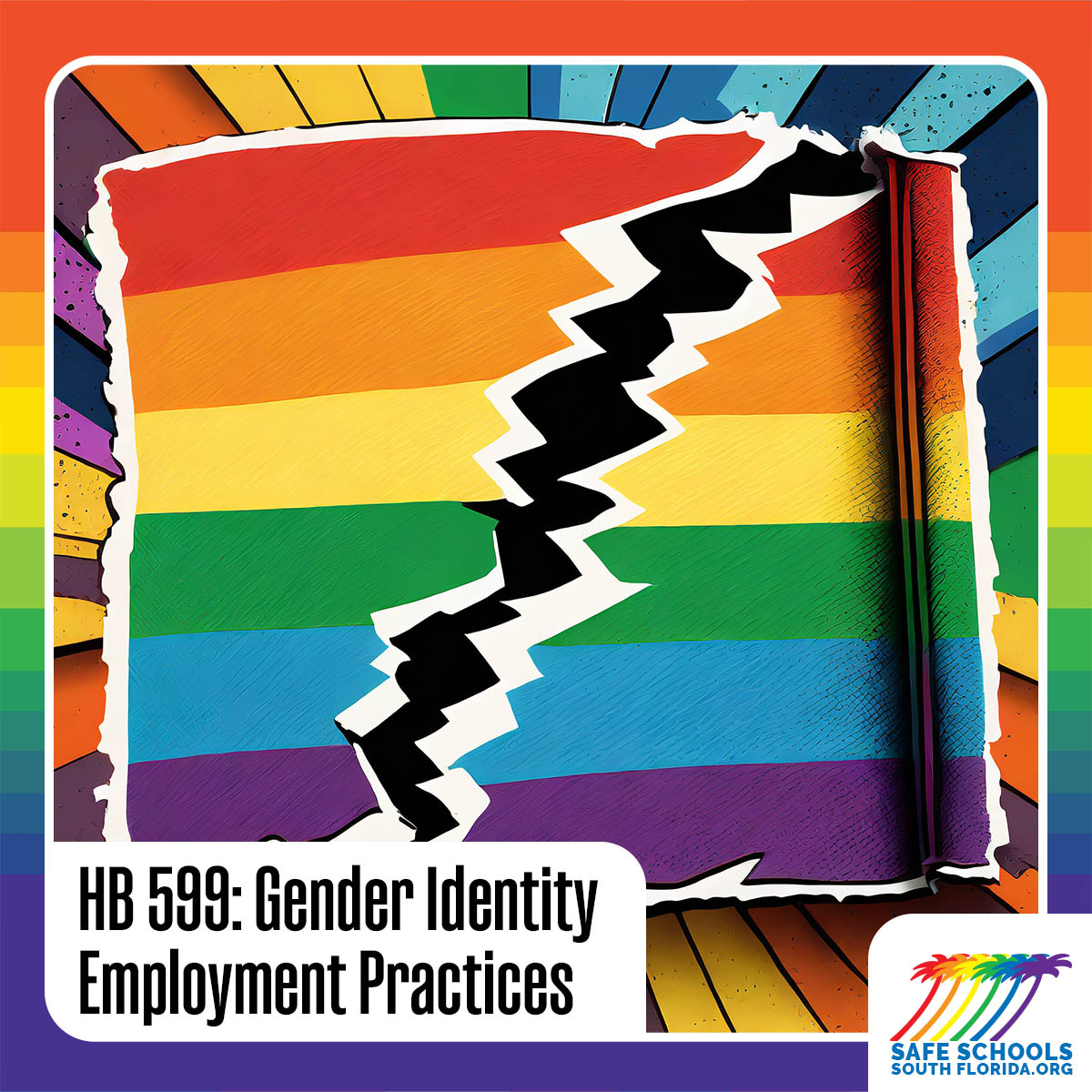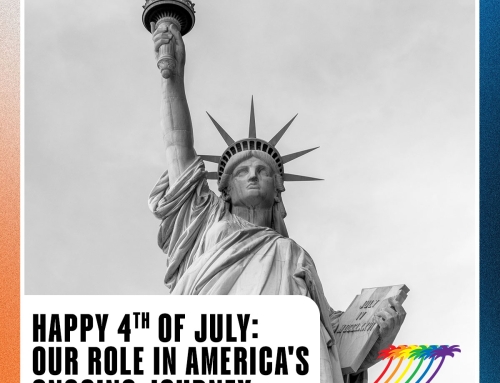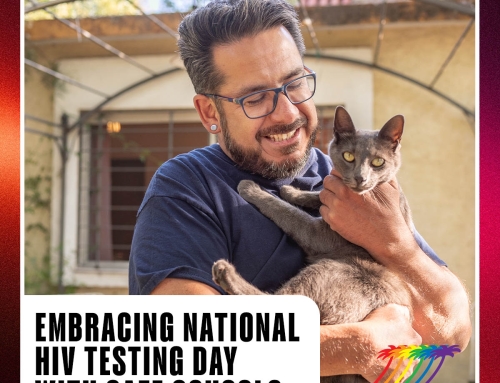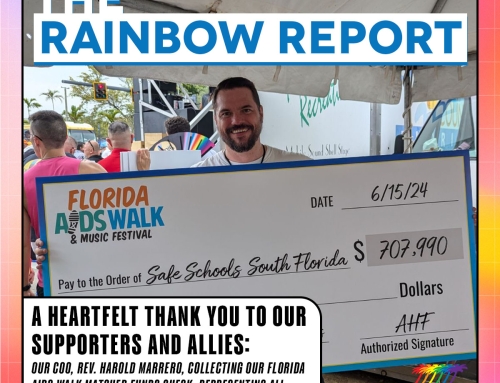The summarized key points of the bill are as follows:
- Creation of Specific Statute: The bill introduces Section 110.1051 in the Florida Statutes, dealing explicitly with personal titles and pronouns in employment settings.
- Definition of Key Terms: It defines terms such as “adverse personnel action,” “contractor,” “employee,” “employer,” and “sex,” emphasizing a biological basis for gender classification.
- State Policy on Sex and Pronoun Usage: The bill asserts that a person’s sex is an immutable biological trait, and it considers the use of pronouns not aligning with biological sex as incorrect. It exempts individuals with certain verifiable disorders of sex development.
- Prohibitions in Employment: The bill prohibits requiring employees or contractors to use pronouns or titles not aligned with an individual’s biological sex. It also prevents employees or contractors from providing or being asked to provide preferred pronouns or titles that do not align with their biological sex.
- Protection of Beliefs in Employment: The legislation guards against adverse personnel actions based on an employee’s or contractor’s religious or biology-based beliefs, including traditional views of sexuality and marriage.
- Remedies for Violations: It provides avenues for administrative and civil remedies for violations of these provisions.
- Impact on Non-Profit Organizations and State-Funded Employers: The bill makes it an unlawful employment practice for non-profit organizations or employers receiving state funding to require training or activities involving sexual orientation, gender identity, or gender expression.
- Reenactment for Incorporation of Amendments: The bill reenacts certain subsections of Section 760.11, Florida Statutes, to include the amendments made by this act, particularly concerning administrative and civil remedies.
- Effective Date: The act is set to take effect on July 1, 2024.
HB 599 raises several issues. It seems to target practices and policies supportive of the LGBTQ+ community, particularly around the use of gender pronouns and recognition of gender identity. This could potentially lead to challenges based on discrimination grounds or freedom of speech. Additionally, the law’s impact on private non-profits and businesses, especially those that receive state funding, introduces questions about the reach of state legislation into the operations of private entities and the balance between religious freedom and anti-discrimination principles.
HB 599 Analysis
Impact on Non-Profit Organizations
- Restriction on Required Training or Activities: The bill prohibits nonprofit organizations that receive state funding from requiring any training, instruction, or other activities related to sexual orientation, gender identity, or gender expression as a condition of employment. This could limit the ability of these organizations to engage in diversity and inclusion training or activities that specifically address LGBTQ+ issues.
- Operational Challenges: Nonprofits that have inclusive policies or practices might face challenges in reconciling these with the prohibitions of the bill. They may need to revise their policies and training programs to ensure compliance, potentially affecting their organizational culture and the services they provide.
- Funding Implications: Since the bill applies to nonprofits receiving state funding, there’s a potential risk of losing such funding if they fail to comply with these new regulations. This could lead to a reevaluation of funding sources or restructuring of programs to maintain financial stability.
Impact on LGBTQ+-Affirming Churches
- Freedom of Religion vs. Compliance: LGBTQ+-affirming churches may find themselves in a difficult position, as their theological or doctrinal stance might be in conflict with the bill’s provisions. They will need to navigate between their religious beliefs and the legal requirements, especially if they engage in activities that could be interpreted as falling under the prohibited training or activities.
- Community Support and Outreach: These churches often provide support and a safe space for LGBTQ+ individuals. The bill might limit their ability to openly promote and support gender diversity, affecting their outreach and the support they can offer to the community.
- Interference with Religious Doctrine: The bill could be seen as an interference with the religious doctrine of these churches, especially if their beliefs include the affirmation and acceptance of diverse gender identities and sexual orientations.
Impact on Religious Institutions
- Protective Measures for Religious Beliefs: The bill could be seen as protective for religious institutions that hold traditional or conservative views on gender and sexuality. It shields their employees or contractors from being compelled to act against their deeply held religious or biology-based beliefs.
- Broader Implications for Religious Liberty: This legislation might be viewed within the larger context of religious liberty debates, raising questions about the balance between protecting religious beliefs and ensuring non-discrimination.
- Potential for Legal Challenges: Religious institutions with differing views on gender and sexuality might find themselves either supported or constrained by this bill, potentially leading to legal challenges based on constitutional grounds, such as freedom of speech or the free exercise of religion.
Overall Analysis
The bill represents a significant shift in how gender identity is addressed in the workplace, especially in entities like non-profits and religious institutions. It reflects broader societal debates around gender identity, religious freedom, and non-discrimination. The bill’s impact will likely vary based on the specific missions and beliefs of the organizations affected and could lead to legal challenges and debates about the balance between individual rights and organizational policies.
HB 599: Gender Identity Employment Practices
A Bill to be Entitled An act relating to gender identity employment practices; creating s. 110.1051, F.S.; providing definitions; specifying an employment policy of the state relating to a person’s sex; providing applicability; prohibiting employees and contractors of certain employers from being required to use, from providing, and from being asked to provide certain titles and pronouns; prohibiting employees and contractors from being penalized or subjected to certain actions for not providing certain titles and pronouns; prohibiting adverse personnel action on the basis of deeply held religious or biology-based beliefs; providing administrative and civil remedies; authorizing the Department of Management Services to adopt rules; amending s. 760.10, F.S.; providing that it is an unlawful employment practice for a nonprofit organization and certain employers to require certain training, instruction, or activity as a condition of employment; defining the term “nonprofit organization”; reenacting s. 760.11(1) and (15), F.S., relating to administrative and civil remedies, to incorporate the amendment made to s. 760.10, F.S., in references thereto; providing an effective date.
Be It Enacted by the Legislature of the State of Florida:
Section 1. Section 110.1051, Florida Statutes, is created to read:
110.1051 Personal titles and pronouns. (1) As used in this section, the term: (a) “Adverse personnel action” means the discharge, suspension, transfer, or demotion of an employee or a contractor or the withholding of bonuses, the reduction in salary or benefits, or any other adverse action taken against an employee or a contractor within the terms and conditions of employment by an employer. (b) “Contractor” means an individual, partnership, corporation, or business entity that enters or attempts to enter into a contract for services with an employer. (c) “Employee” means an individual employed by, or attempting to be employed by, an employer. (d) “Employer” means the state or any county, municipality, or special district or any subdivision or agency thereof. (e) “Sex” means the classification of a person as either female or male based on the organization of the body of such person for a specific reproductive role, as indicated by the person’s sex chromosomes, naturally occurring sex hormones, and internal and external genitalia present at birth.
(2) It is the policy of the state that a person’s sex is an immutable biological trait and that it is false to ascribe to a person a pronoun that does not correspond to such person’s sex. This section does not apply to individuals born with a genetically or biochemically verifiable disorder of sex development, including, but not limited to, disorder of sex development; sex chromosome disorder of sex development; XX or XY sex reversal; and ovotesticular disorder.
(3) An employee or a contractor may not be required, as a condition of employment, to refer to another person using that person’s preferred personal title or pronouns if such personal title or pronouns do not correspond to that person’s sex.
(4) An employee or a contractor may not provide to an employer his or her preferred personal title or pronouns if such preferred personal title or pronouns do not correspond to his or her sex.
(5) An employee or a contractor may not be asked by an employer to provide his or her preferred personal title or pronouns or be penalized or subjected to adverse personnel action for not providing his or her preferred personal title or pronouns.
(6)(a) It is an unlawful employment practice for an employer to take adverse personnel action against an employee or a contractor because of the employee’s or contractor’s deeply held religious or biology-based beliefs, including a belief in traditional or Biblical views of sexuality and marriage, or the employee’s or contractor’s disagreement with gender ideology, whether those views are expressed by the employee or contractor at or away from the worksite.
(b) An employee or a contractor aggrieved by a violation of this subsection may avail himself or herself to the administrative and civil remedies provided in s. 760.11.
(7) The Department of Management Services may adopt rules to administer this section.
Section 2. Subsections (10) and (11) of section 760.10, Florida Statutes, are renumbered as subsections (11) and (12), respectively, and a new subsection (10) is added to that section, to read:
760.10 Unlawful employment practices. (10) It is an unlawful employment practice for a nonprofit organization or an employer who receives funding from the state to require, as a condition of employment, any training, instruction, or other activity on sexual orientation, gender identity, or gender expression. For purposes of this subsection, the term “nonprofit organization” means any organization that is exempt from taxation pursuant to 26 U.S.C. s. 501, or any federal, state, or local governmental entity.
Section 3. For the purpose of incorporating the amendment made by this act to section 760.10, Florida Statutes, in a reference thereto, Subsections (1) and (15) of section 760.11, Florida Statutes, are reenacted to read:
760.11 Administrative and civil remedies; construction. (1) Any person aggrieved by a violation of ss. 760.01-760.10 may file a complaint with the commission within 365 days of the alleged violation, naming the employer, employment agency, labor organization, or joint labor-management committee, or, in the case of an alleged violation of s. 760.10(5), the person responsible for the violation and describing the violation. The commission, a commissioner, or the Attorney General may in like manner file such a complaint. On the same day the complaint is filed with the commission, the commission shall clearly stamp on the face of the complaint the date the complaint was filed with the commission. In lieu of filing the complaint with the commission, a complaint under this section may be filed with the federal Equal Employment Opportunity Commission or with any unit of government of the state which is a fair-employment-practice agency under 29 C.F.R. ss. 1601.70-1601.80. If the date the complaint is filed is clearly stamped on the face of the complaint, that date is the date of filing. The date the complaint is filed with the commission for purposes of this section is the earliest date of filing with the Equal Employment Opportunity Commission, the fair-employment-practice agency, or the commission. The complaint shall contain a short and plain statement of the facts describing the violation and the relief sought. The commission may require additional information to be in the complaint. The commission, within 5 days of the complaint being filed, shall by registered mail send a copy of the complaint to the person who allegedly committed the violation. The person who allegedly committed the violation may file an answer to the complaint within 25 days of the date the complaint was filed with the commission. Any answer filed shall be mailed to the aggrieved person by the person filing the answer. Both the complaint and the answer shall be verified.
(15) In any civil action or administrative proceeding brought pursuant to this section, a finding that a person employed by the state or any governmental entity or agency has violated s. 760.10 shall as a matter of law constitute just or substantial cause for such person’s discharge.
Section 4. This act shall take effect July 1, 2024.







